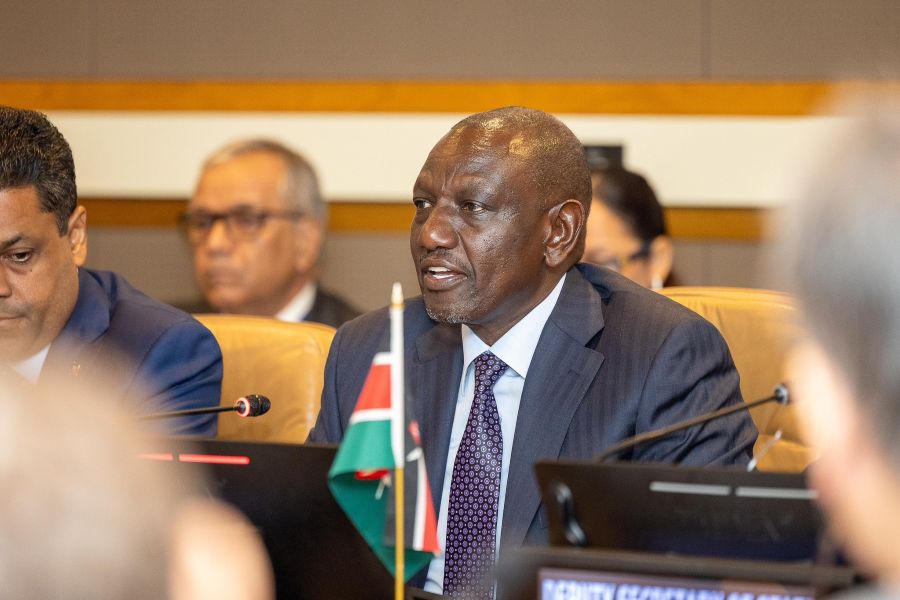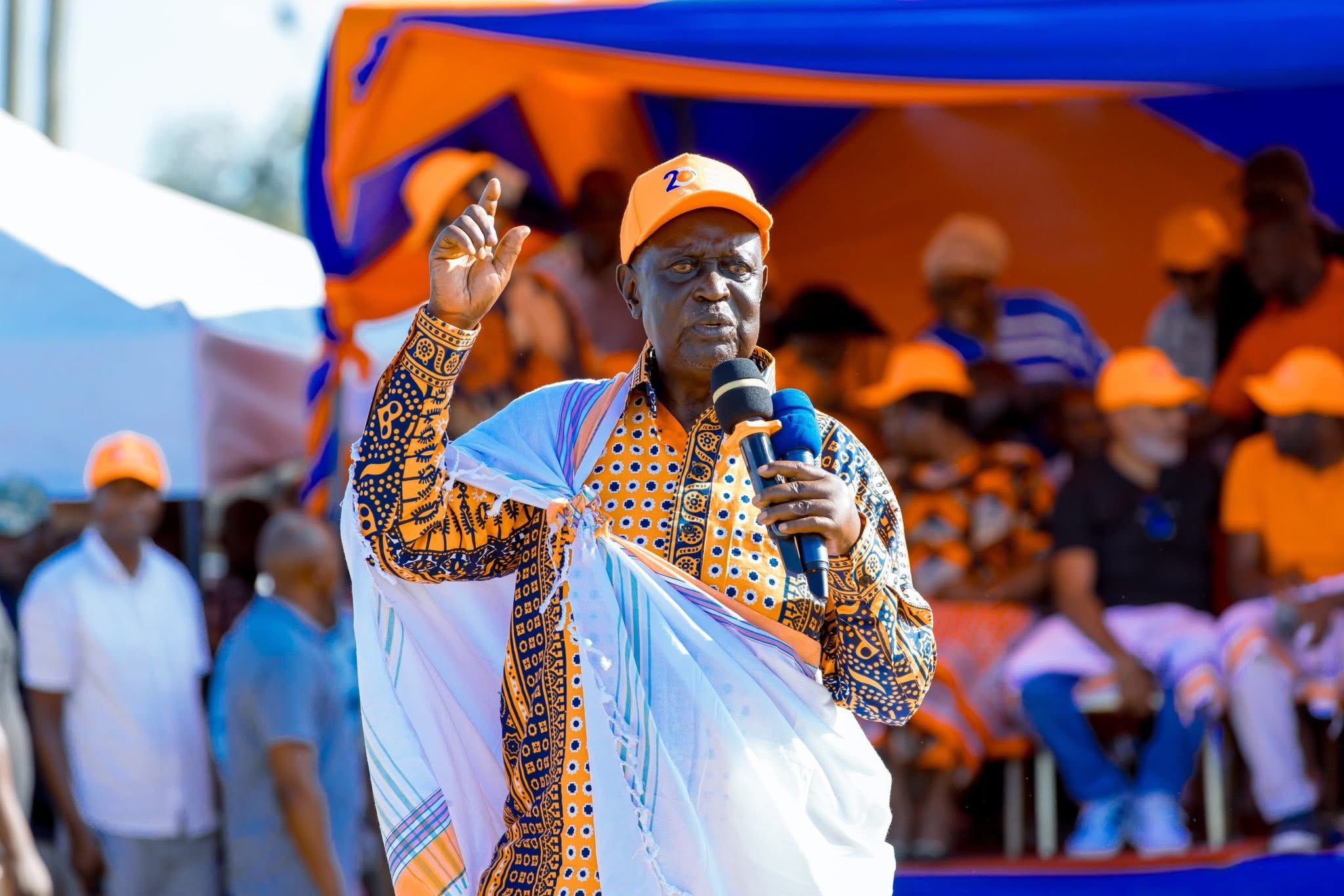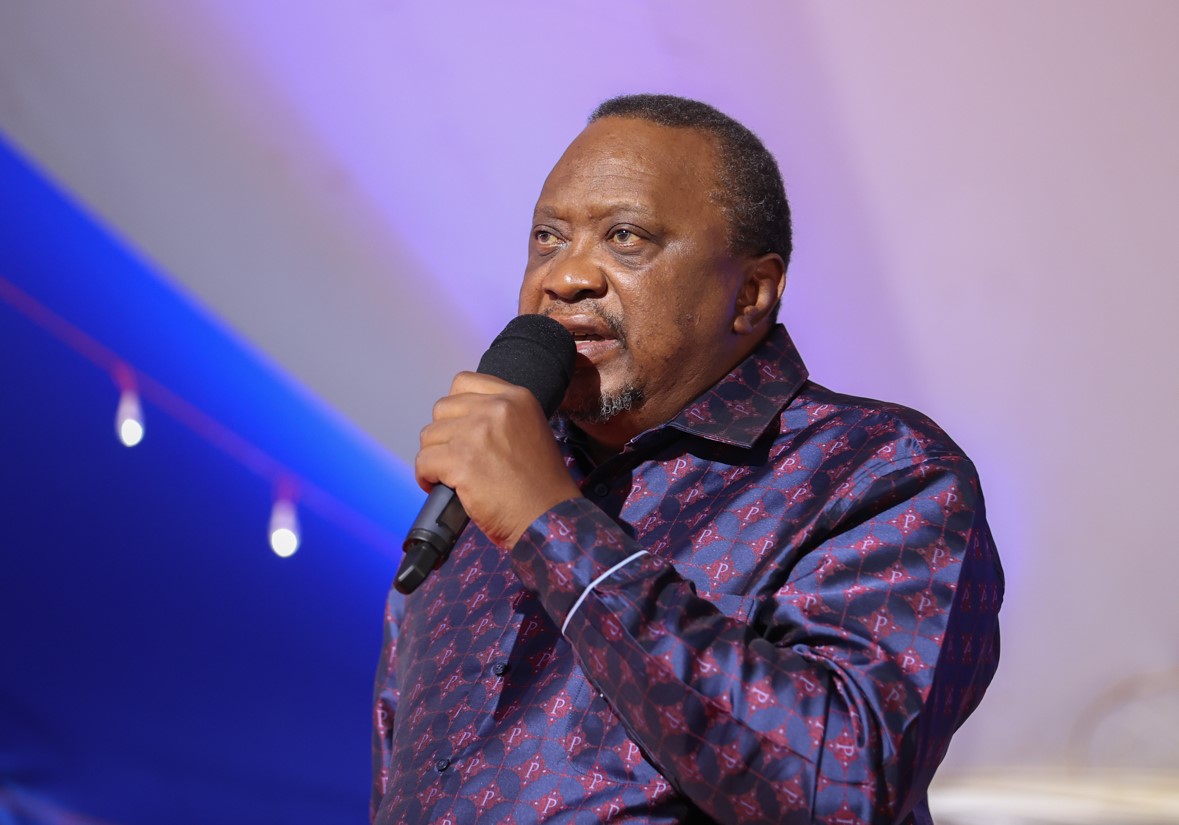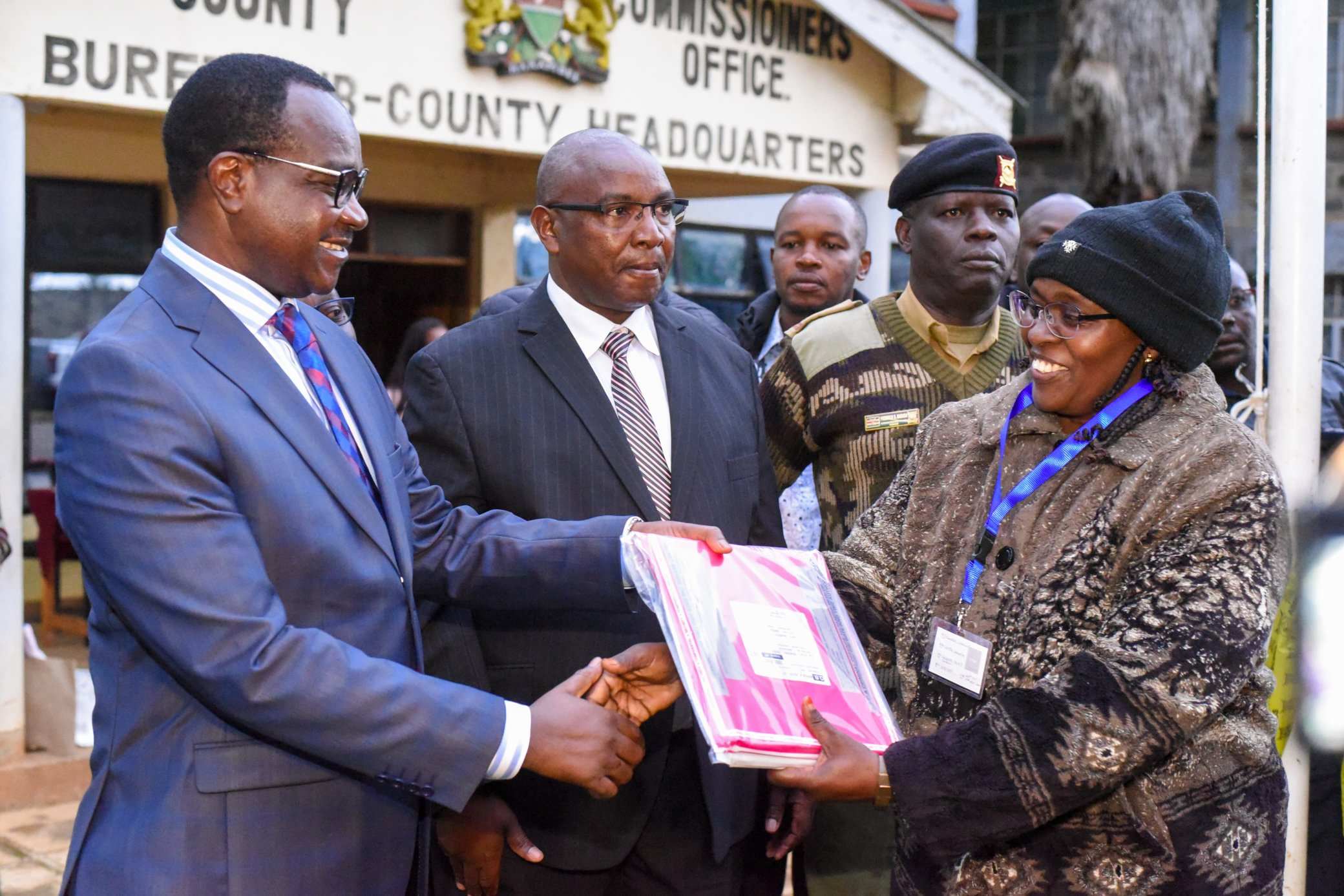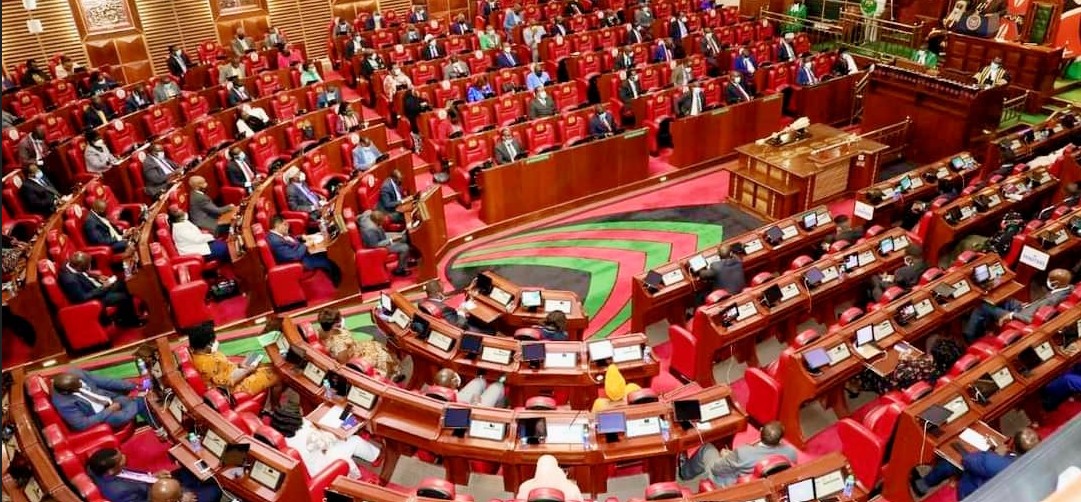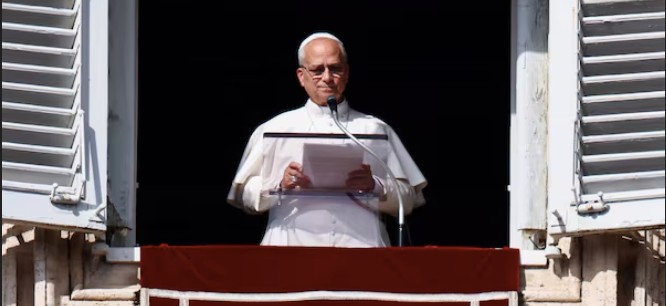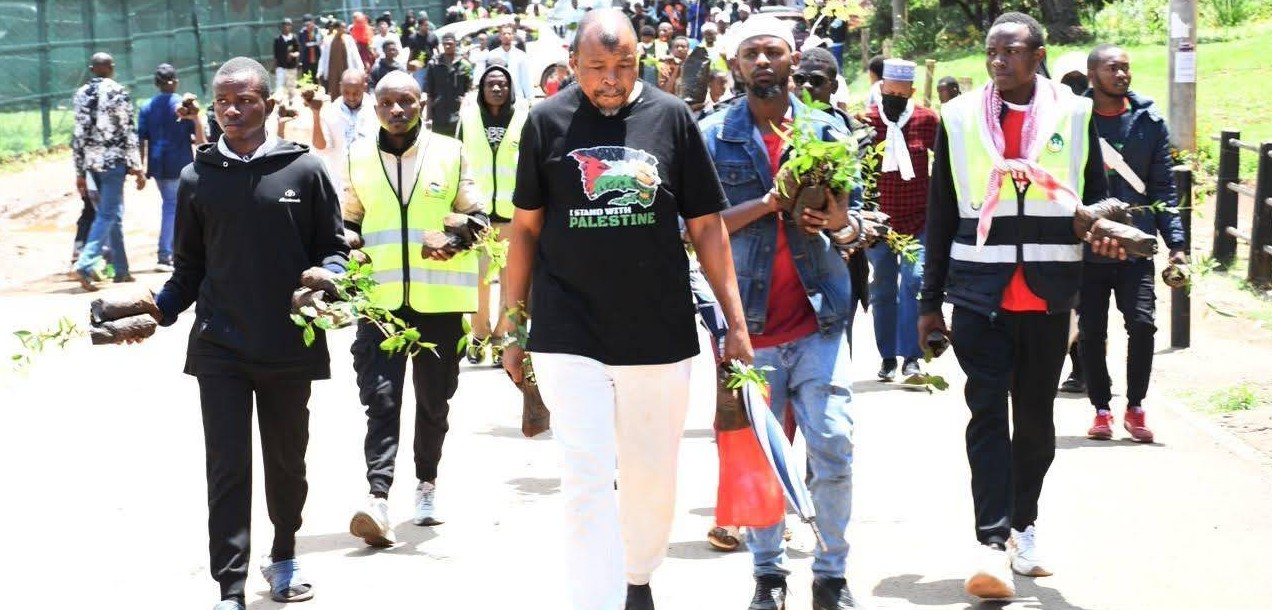National Assembly urges court to dismiss IEBC vetting petition as premature, disruptive
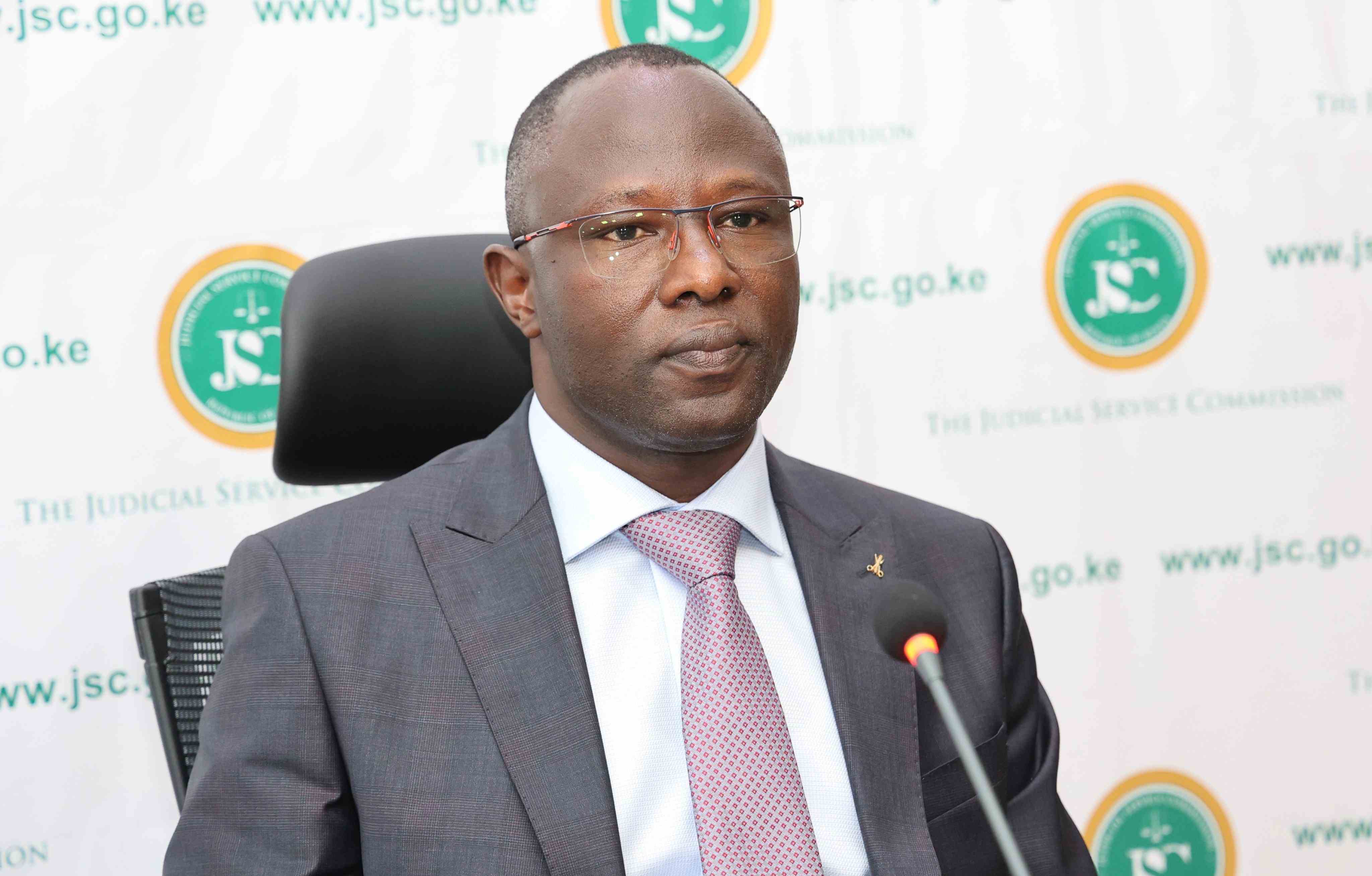
The petition cited irregularities in the selection of the IEBC nominees, alleging that the process violated constitutional provisions and failed to ensure effective public participation.
The National Assembly has asked the High Court to dismiss a petition that halted the vetting of President William Ruto’s nominees to the Independent Electoral and Boundaries Commission (IEBC), arguing that the case is premature and disrupts an ongoing constitutional process, as no parliamentary decision had been made at the time the suit was filed.
In a preliminary objection filed before the High Court on Thursday, the National Assembly described the petition as speculative and lacking legal justification, claiming it violates the doctrine of ripeness by challenging a process that is still unfolding in Parliament.
More To Read
- IEBC warns Parliament against rushed electoral reforms ahead of 2027 General Election
- IEBC publishes list of nominated candidates, polling stations ahead of by-elections
- Court declines to halt Banisa by-election, orders expedited hearing
- Mosop voter moves to court seeking removal of MP Abraham Kirwa over two-year absence
- Petitioner seeks court order to suspend IEBC’s 2027 General Election activities amid claims of legal irregularities
- IEBC unveils tough new rules for recalling underperforming MCAs
“To the extent that the Petition and the Notice of Motion challenge an ongoing constitutional process in respect of which no decision or action has been taken by the National Assembly, the Petitioners’ Notice of Motion and Petition are speculative and deal with prospective anticipatory circumstances rather than current or probable events,” the National Assembly said in its affidavit.
The conservatory orders currently halting the process were issued by High Court Judge Lawrence Mugambi on Monday, May 19, following a petition by activists Kelvin Roy Omondi and Boniface Mwangi.
Irregularities in nominees selection
The petition cited irregularities in the selection of the IEBC nominees, alleging that the process violated constitutional provisions and failed to ensure effective public participation.
The National Assembly, however, maintains that the petitioners moved to court prematurely without exhausting constitutional and procedural avenues available to them under the law and Standing Orders.
“The Petitioners have not exhausted all available avenues under the Constitution and the Standing Orders, thus, the petition and application violate the doctrine of exhaustion and are therefore premature,” the statement read.
The House further explained the procedural flow of the vetting process, stating that once the President’s message on the nomination is received, the Speaker relays it to the House and commits it to the Departmental Committee on Justice and Legal Affairs, which then vets the nominees. The process also incorporates public participation, after which a report is tabled for debate and a vote on the floor of the House.
Raise objections in Parliament
According to the National Assembly, any objections to the process should first be raised within Parliament before being escalated to the courts.
“The Constitution grants the National Assembly a general confirmatory mandate of approving all persons recommended for appointment as members of constitutional commissions or holders of independent offices as part of the checks and balances against the other arms of government and organs of the State, which is the practice in constitutional democracies,” the affidavit read.
The National Assembly also defended its inclusion of the public in the process, citing the submission of memoranda from citizens as proof that public engagement had already been initiated.
“The public interest overwhelmingly favours the continuation of the approval process, particularly given that members of the public have already submitted memoranda and expect their views to be heard and considered by the committee,” it added.
The House has since asked the court to lift the conservatory orders issued on May 13, 2025.
Vetting of nominees
President Ruto nominated Erastus Edung Ethekon as IEBC Chairperson and Ann Nderitu, Moses Mukhwana, Mary Sorobit, Hassan Noor Hassan, Francis Odhiambo, and Fahima Abdalla as commissioners on May 8, 2025.
The Departmental Committee on Justice and Legal Affairs had scheduled to begin vetting the nominees on May 26 and had opened a two-week window for members of the public to submit their views.
Justice Mugambi is expected to deliver a ruling on whether the conservatory orders will remain in place pending the full hearing of the petition on May 29, 2025.
Top Stories Today

